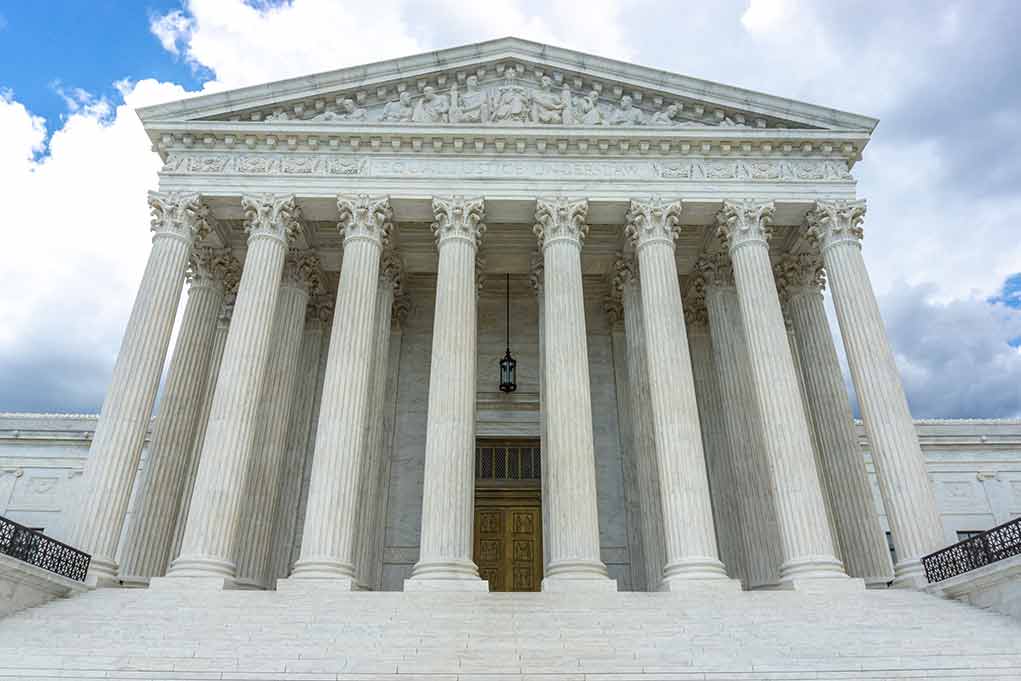
Mike Pompeo and Lindsey Graham’s unauthorized Ukraine visit coincides with major attacks on Russia’s nuclear fleet, potentially violating the same Logan Act that Pompeo once vehemently condemned others for breaking.
Key Takeaways
- Former Secretary of State Mike Pompeo and Senator Lindsey Graham visited Ukraine without official authorization from President Trump’s administration.
- Their visit suspiciously aligned with Ukraine launching a significant attack against Russia’s nuclear fleet.
- Conservative influencers have raised concerns that these actions could constitute Logan Act violations or even treason if military actions were coordinated without presidential approval.
- Pompeo previously condemned John Kerry for similar unauthorized foreign negotiations, calling such behavior “unseemly and unprecedented.”
- The Logan Act prohibits private citizens from negotiating with foreign governments without U.S. authorization, carrying penalties of fines or imprisonment.
Unauthorized Diplomatic Mission Raises Serious Questions
Former Secretary of State Mike Pompeo and Senator Lindsey Graham have found themselves at the center of a brewing controversy following their recent trip to Ukraine. The timing of their visit has raised significant red flags among conservative commentators and legal experts, as it coincided with Ukraine launching a major military offensive against Russia’s nuclear fleet. This coordination has led many to question whether Pompeo and Graham were acting as unauthorized representatives of the United States during a critical military operation, potentially undermining President Trump’s foreign policy authority.
“What Secretary Kerry has done is unseemly and unprecedented,” Mike Pompeo once declared when criticizing his predecessor’s actions.
The irony of Pompeo’s current predicament cannot be overstated. In 2018, he publicly lambasted former Secretary of State John Kerry for allegedly violating the Logan Act by engaging with Iranian officials after leaving office. Pompeo’s harsh criticism now appears particularly damning when viewed alongside his own unauthorized diplomatic mission to Ukraine. Conservative analysts point out that this apparent double standard raises serious questions about Pompeo’s consistency and judgment, especially when national security and international relations are at stake.
Logan Act Implications and Potential Consequences
The Logan Act, though rarely prosecuted, remains a serious legal statute that prohibits private citizens from conducting unauthorized negotiations with foreign governments. Enacted in 1799, the law stipulates that violators could face fines or imprisonment for attempting to influence foreign governments in disputes with the United States. Pompeo’s visit to Ukraine, particularly if he discussed or approved military actions against Russia without President Trump’s authorization, could potentially fall squarely within the prohibited activities outlined in this historic legislation.
“This is a former secretary of state engaged with the world’s largest state sponsor of terrorism,” Pompeo once said of Kerry’s actions, words that now hang over his own controversial Ukraine engagement.
Conservative influencer Clint Russell has taken the criticism even further, suggesting that if Pompeo and Graham greenlighted Ukraine’s attacks on Russia’s nuclear fleet without President Trump’s approval, such actions could potentially constitute treason. While this represents the most severe interpretation of events, it underscores the gravity with which many conservatives view unauthorized interference in critical foreign policy matters, especially those involving nuclear powers and ongoing military conflicts that could escalate tensions with Russia.
Double Standards and Accountability Questions
The apparent hypocrisy of Pompeo’s position has not gone unnoticed among conservative commentators. Having previously positioned himself as a staunch defender of proper diplomatic channels and presidential authority in foreign affairs, his unauthorized engagement with President Zelenskyy’s government during a time of heightened military action raises serious questions about his judgment and respect for the very principles he once championed. Many are now wondering whether Pompeo will face the same scrutiny and calls for prosecution that he once directed at his predecessors.
As the situation develops, President Trump’s administration has yet to comment officially on Pompeo and Graham’s unauthorized diplomatic mission. However, the incident highlights the ongoing challenges of maintaining a coherent and unified American foreign policy position on Ukraine, especially as the conflict with Russia continues to escalate. For conservative Americans concerned about proper constitutional authority and clear lines of command in military matters, this apparent undermining of presidential authority represents a troubling development that demands accountability.

